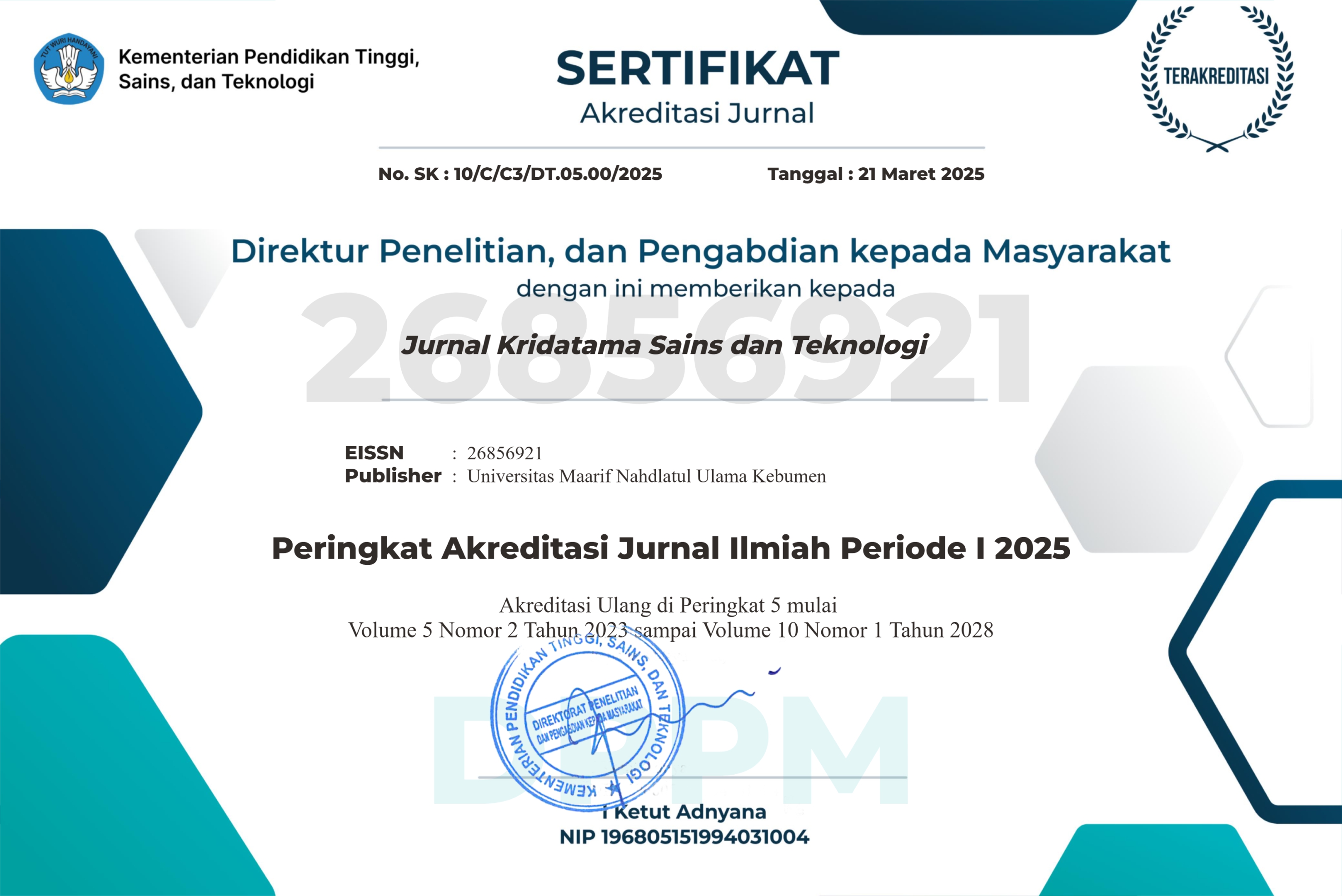Pengendalian Biaya dan Waktu dengan Metode Earned Value pada Proyek Pembangunan Hotel Citra Dream Blok III Bintaro Tanggerang Selatan
DOI:
https://doi.org/10.53863/kst.v6i02.1376Keywords:
Acceleration, Control, Cost, Schedule, Earned ValueAbstract
Delays in project implementation often occur, therefore it is necessary to carry out control on the project so that its implementation can be carried out again according to the time and cost that have been determined. Control was carried out on the Citra Dream Hotel Development Project, Block III Bintaro. The planned implementation time at that stage was 560 days. Acceleration was carried out using the Earned Value method. The yield value method is a control method used to control project costs and schedules. This method provides information on project performance in a reporting period and provides information on the predicted costs required and the time required to complete all work based on performance indicators at the time of reporting. In the Citra Dream Hotel Development Project, Block III Bintaro, the BCWS (Budget Cost of Work Schedule) value was obtained = Rp. 2,517,673,147,940.23, the BCWP (Budget Cost of Work Performance) value = Rp. 2,441,825,773,572.85, the ACWP (Actual Cost of Work Performance) value = Rp. 2,342,994,346,366.87, based on the schedule aspect, this project is delayed, this is proven by the SV (Schedule Variance) value = -Rp. 919,362,113.54 and SPI (Schedule Performance Index) = 0.97 <1. Based on the acceleration management that has been carried out to accelerate the project by adding overtime hours for 2 hours. The addition of overtime hours can save the project duration by up to 9 days
References
Anggraeni, E. R., Hartono, W., S. (2017). Analisis Percepatan Proyek Menggunakan Metode Crashing Dengan Penambahan Tenaga Kerja Dan Shift Kerja. e-Jurnal Matriks Teknik Sipil, 606-614.
Asyanto, 2005. Manajemen Produksi Untuk Jasa Konstuksi (Cetakan Pertama), Jakarta: Penerbit Pradnya Paramita.
Badri, Sofwan. 1991. Dasar-Dasar Network Planning. Jakarta: PT Rineka Cipta. Dioniso, Cynthia S. (2018). A Proect Manager’s Book of Tools and Techniques PMBOK
Guide-Sixth Edition. Canada: PMI.
Erlangga Sugiyono. (2017). Metode Penelitian Bisnis. Bandung: Alfabeta.
Gardjito, Edy. (2017). Pengendalian Jadwal dan Anggaran Terpadu dengan Metode
Earned Value Analysis Pada Pekerjaan Kontruksi. UKaRsT Vol. 1 No. 1.
Gasparotti, C. Raileanu, A. Dan Rusu, E. (2017). The Earned Value Management A Measurement Technique of the Performance of the Cost and Labor in the Project. Acta Universitas Danubus, 13.
Huda, K. Mulyadi, L. & Santosa, A. (2018). Analysis of Time and Cost Performance With Earned Value Method in Lecture Building Project Development of Nutrition Department at East Kalimantan Health Polytechnic. Internasional Journal of Scientific & Technology Research Volume 7, Issue 2.
Martono, R. Virona. (2018). Manajemen Proyek. Jakarta: Salemba Empat.
Mayang Pratiwi, 2022. Pengendalian Biaya dan Waktu Pelaksanaan Proyek dengan Metode Earned Value (Studi Kasus: Proyek Pembangunan Rumah Susun Sewa MBR Kota Tegal), Depok.
Morad, M. Dan El-Sayeg, M. (2018). Critical Success Factors for Earned Value Analysis in Managing Construction Projects. PM World Journal Vol. VII, Issue IX. 111
Nono, Y., Pratasis, P.A. dan Malingkas, G.Y., 2019. Analisis Metode Nilai Hasil Terhadap Waktu dan Biaya pada Proyek Office and Distribution Center, Airmadidi, Minahasa Utara-Manado. Jurnal Sipil Statik, Vol. 7, No.11.
Pastiarsa, Made. (2015). Manajemen Proyek dalam Perspektif Pemilik Proyek. Jakarta: Salemba Empat.
Soeharto, Imam, 1995. Manajemen Proyek Dari Konseptual Sampai Operasional, Jakarta: Penerbit Erlangga.
Wohon, F.Y., Mandagi, R.J. dan Pratasis, P., 2015. Analisa Pengaruh Percepatan Durasi pada Biaya Proyek Menggunakan Program Microsoft Project 2013 (Studi Kasus: Pembangunan Gereja GMIM Syaloom Karombasan). Jurnal Statik, Vol. 3 No.2.
Downloads
Published
How to Cite
Issue
Section
License
Copyright (c) 2024 Lilik Setyawan HP, Damar Adjie Wicaksono, P Joko Slameto, Dimyati Dimyati, Didiek Pramono, Hari Susanto

This work is licensed under a Creative Commons Attribution-ShareAlike 4.0 International License.
Authors retain copyright and grant the journal right of first publication with the work simultaneously licensed under a Creative Commons Attribution-ShareAlike 4.0 International License that allows others to share the work with an acknowledgment of the work’s authorship and initial publication in this journal

















